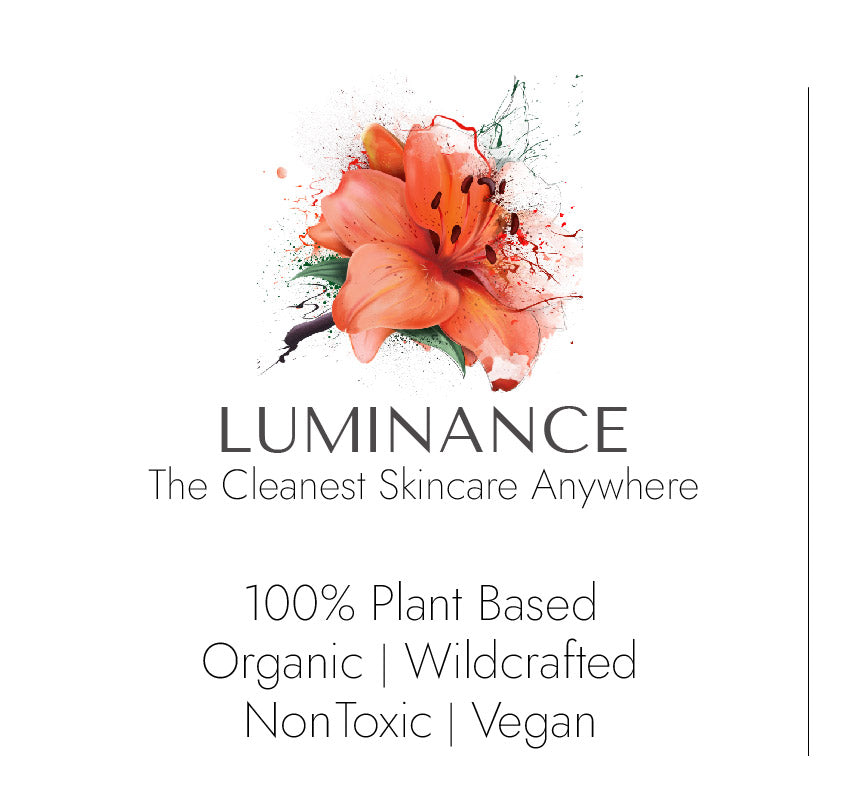When Applied Topically Or Consumed Polyphenols Provide Many Critical Skincare Benefits, Due To Their Powerful Anti-Oxidizating Properties.

Ground Rose Hips, Just One Of The Thousands Of Polyphenoils
Polyphenols are a group of naturally occurring compounds found in plants. They play multiple roles in plants, including acting as antioxidants, offering protection against ultraviolet radiation, and deterring herbivores. When consumed by humans or applied topically, polyphenols can provide several health benefits, particularly due to their antioxidant properties.
Antioxidant Properties of Polyphenols:
Antioxidants are compounds that can neutralize free radicals, which are unstable molecules that can damage cells, proteins, and DNA. This cellular damage is associated with aging, various diseases, and inflammatory processes. By neutralizing free radicals, antioxidants can help reduce the risk of chronic diseases and slow down aging processes.
Polyphenols in Plant Oils:
Types of Polyphenols in Oils: Plant oils can contain various polyphenolic compounds, including phenolic acids, flavonoids, lignans, and stilbenes. The exact composition depends on the type of oil.
We use these oils throughout the Luminance Product Line.
- Olive Oil: Contains hydroxytyrosol, tyrosol, and oleuropein. These compounds contribute to its antioxidant, anti-inflammatory, and cardioprotective properties.
- Grapeseed Oil: Rich in proanthocyanidins, which are known for their strong antioxidant activities.
- Sesame Oil: Contains lignans such as sesamol and sesamin, attributing to its antioxidant properties.
- Argan Oil: Produced from the kernels of the argan tree, this oil has ferulic acid, carotenes, and squalene which provide antioxidant benefits. It also contains a unique polyphenol called melatonin.
- Avocado Oil: Contains a range of polyphenols and has chlorophylls, which might contribute to its antioxidant properties. Additionally, it's rich in carotenoids and tocopherols.
- Apricot Kernel Oil: While not as polyphenol-rich as some other oils, it does contain quercetin and catechins in smaller amounts.
- Rose Hip Oil: Contains several polyphenols, including proanthocyanidins, flavonoids, and catechins. It's also known for its high vitamin C content, another potent antioxidant.
- Sunflower Oil: Primarily contains tocopherols (a class of vitamin E compounds) which act as antioxidants. Also, it has some quercetin and chlorogenic acid, though in smaller amounts.
- Safflower Oil: Like sunflower oil, safflower oil contains tocopherols, primarily gamma-tocopherol, which provide antioxidant properties.
- Kukui Oil: Derived from the kukui nut, this oil has a unique profile with tocopherols and phytosterols, contributing to its antioxidant and anti-inflammatory properties.
- Meadowfoam Oil: Contains a high amount of tocopherols and other antioxidants. Its unique composition of long-chain fatty acids also provides stability against oxidative stress.
- Tamanu Oil: Contains calophyllic acid and calophyllolide, which are specific types of polyphenols. They are known for their anti-inflammatory properties in addition to their antioxidant effects.
Benefits of Polyphenols in Plant Oils:
-
Skin Protection: When applied topically, plant oils rich in polyphenols can protect the skin from the harmful effects of ultraviolet (UV) radiation, which can lead to premature aging and an increased risk of skin cancer.
-
Anti-inflammatory: Many polyphenols have anti-inflammatory properties. Inflammation is a risk factor for many chronic diseases, including heart disease and cancer. By reducing inflammation, polyphenols can contribute to the health benefits of plant oils.
-
Improved Shelf Life: The antioxidant properties of polyphenols can also enhance the shelf life of plant oils. By neutralizing free radicals, they prevent the oils from becoming rancid, preserving their taste and nutritional value.
-
Cardioprotective: Consumption of plant oils rich in polyphenols, like extra virgin olive oil, has been linked to reduced risks of cardiovascular diseases. The antioxidants play a role in improving blood vessel function, reducing inflammation, and lowering LDL cholesterol oxidation.
In conclusion, polyphenols significantly enhance the health benefits of plant oils, both when consumed and when applied topically. Their antioxidant properties play a vital role in protecting cells from damage, reducing inflammation, and offering cardioprotective benefits. Additionally, these compounds improve the stability and longevity of the oils themselves.


